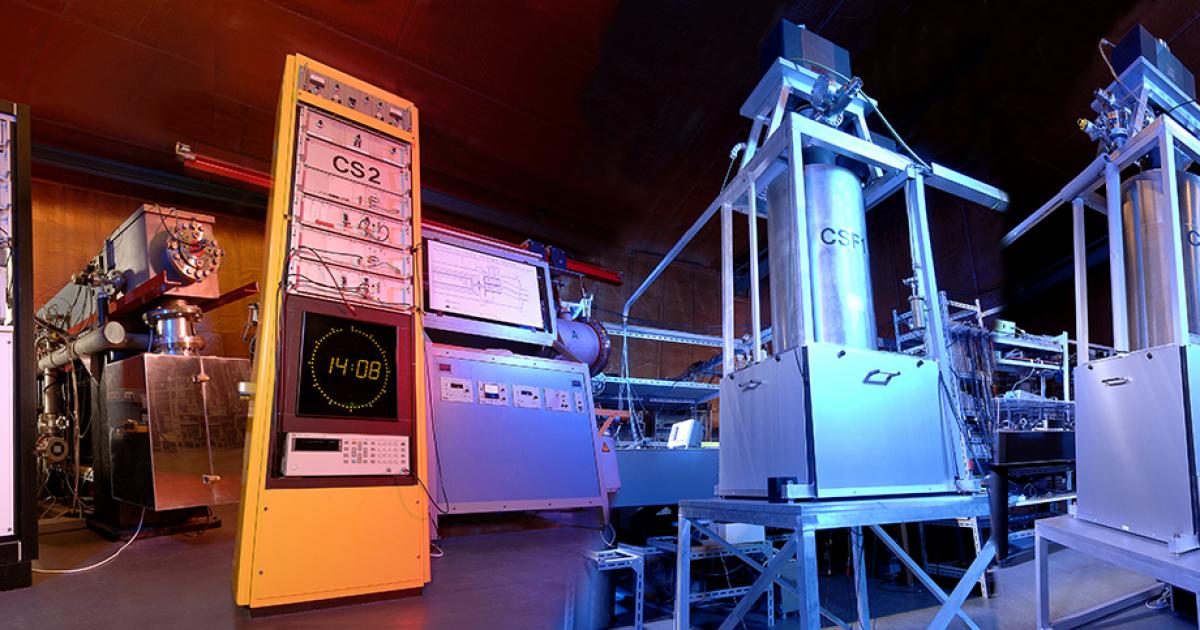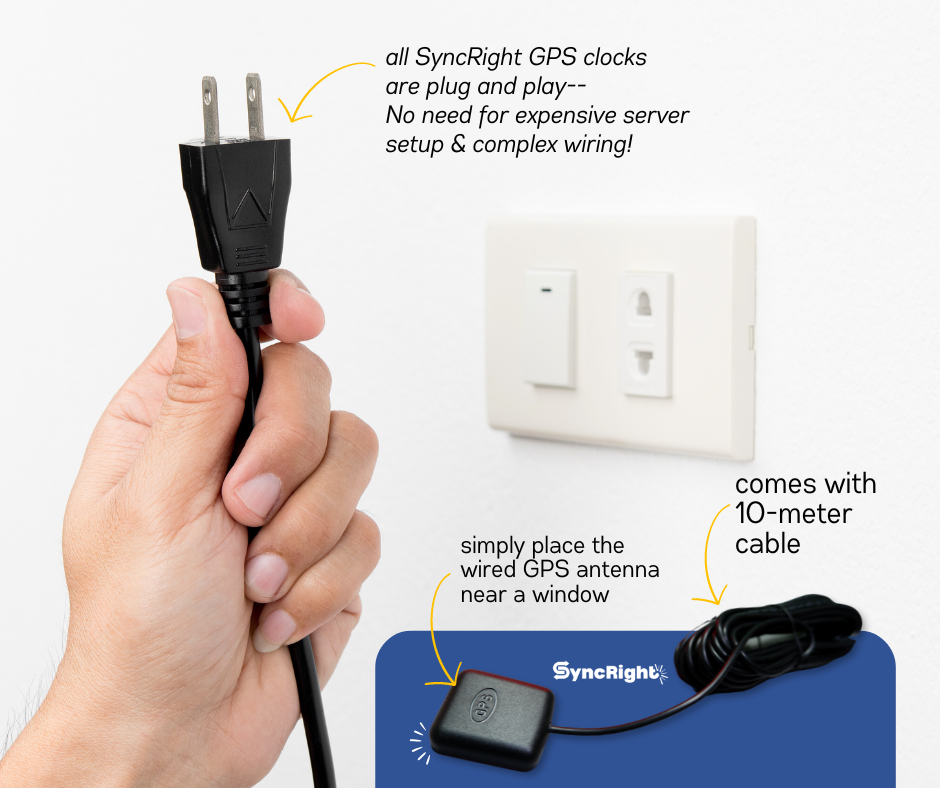Ever wondered how the world stays perfectly synchronized? How stock markets execute trades with split-second accuracy, or how scientists measure events down to billionths of a second? The answer lies in the extraordinary technology of GPS clocks, the unsung heroes of precise timekeeping. But how do they achieve such incredible accuracy? Let’s dive in and unlock the secrets of this fascinating technology.
The Foundation of Time: Atomic Clocks


Before we delve into GPS clocks, we need to understand their foundation: atomic clocks. These remarkable devices measure time by monitoring the vibrations of atoms, specifically cesium-133. The cesium atom’s natural resonance frequency is incredibly stable, making it the perfect “pendulum” for an ultra-precise clock.
Atomic clocks are so accurate that they lose or gain less than one second every 100 million years! This level of precision forms the bedrock upon which GPS clocks build their exceptional timekeeping capabilities.
GPS Clocks: A Celestial Symphony
GPS clocks, or Global Positioning System clocks, are essentially atomic clocks that have been miniaturized and integrated into satellites orbiting the Earth. These satellites, part of the Global Positioning System constellation, continuously transmit signals containing their precise time and position.
Your GPS clock on Earth receives these signals from multiple satellites, and by cleverly triangulating the differences in arrival times, it can calculate its exact location and the precise time. This is the magic of GPS – a symphony of time and space working together to provide you with accurate information.

How GPS Clocks Achieve 100% Accuracy
Atomic Precision: At the heart of each GPS satellite lies an atomic clock, ensuring the time transmitted in the signals is incredibly accurate.
Multiple Satellites: Your GPS clock receives signals from multiple satellites, typically four or more. This redundancy ensures that even if one satellite’s signal is slightly off, the others can compensate.
Error Correction: The GPS system incorporates sophisticated algorithms that constantly monitor and correct for any errors in the satellite signals, including those caused by the Earth’s atmosphere or the satellites’ relative positions.
Relativity: The GPS system also accounts for the effects of Einstein’s theory of relativity. Because the satellites are moving at high speeds and are in a weaker gravitational field than clocks on Earth, their clocks run slightly faster. GPS algorithms adjust for this time dilation to maintain accuracy.
Continuous Monitoring: The entire GPS system is continuously monitored and adjusted by ground stations to ensure optimal performance and accuracy.
The Benefits of GPS Clock Precision
The extraordinary accuracy of GPS clocks has far-reaching implications:
- Scientific Research: GPS clocks enable scientists to conduct experiments and measurements with unprecedented precision, from studying the Earth’s gravitational field to detecting gravitational waves.
- Financial Markets: In high-frequency trading, where milliseconds can make a difference, GPS clocks ensure that transactions are executed with pinpoint accuracy.
- Telecommunications: GPS clocks synchronize networks and enable efficient data transmission, crucial for everything from mobile phone calls to internet connectivity.
- Power Grids: GPS clocks help maintain the stability of power grids by synchronizing the frequency of electrical current.
- Everyday Life: GPS clocks power the navigation systems in our cars, smartphones, and countless other devices, guiding us with remarkable accuracy.
Why Choose a GPS Clock?
If you need ultra-precise timekeeping for your business or personal use, a GPS clock is the gold standard. Here’s why:
- Unmatched Accuracy: GPS clocks offer the highest level of accuracy available, often down to nanoseconds or even better.
- Self-Setting: GPS clocks automatically synchronize with the GPS system, eliminating the need for manual adjustments.
- Reliable: GPS clocks are immune to power outages and internet disruptions, ensuring uninterrupted timekeeping.
- Versatile: GPS clocks can be used in a wide range of applications, from scientific research to industrial automation.
By understanding the technology behind GPS clocks, you can appreciate their remarkable ability to measure time with such extraordinary precision. Whether you’re a scientist, a financial trader, or simply someone who values punctuality, GPS clocks offer a level of accuracy that is truly out of this world!
At SyncRight, we pioneer and specialize in providing GPS clock solutions tailored to your specific needs. Our clocks are not only incredibly accurate but also locally manufactured, user-friendly and reliable.









